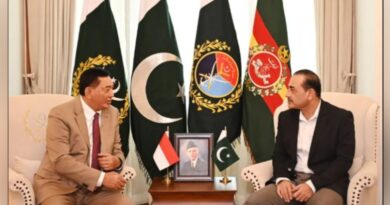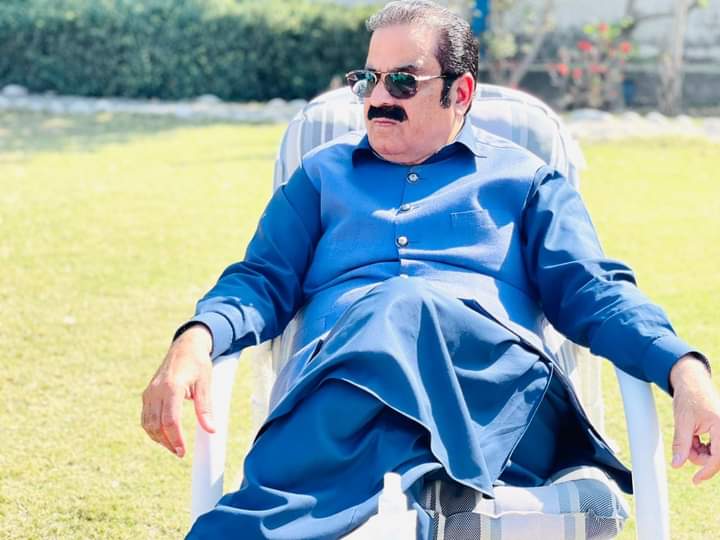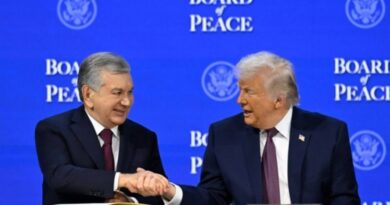Minister Ahsan Iqbal addresses Concluding Session of ISSI’s “Islamabad Conclave.”
The Institute of Strategic Studies Islamabad (ISSI)’s 2-day Islamabad Conclave, concluded with the wide-ranging address of Prof. Ahsan Iqbal, Minister for Planning, Development and Special Initiatives. During the session, DG ISSI Ambassador Sohail Mahmood presented the Key Takeaways from the 5 Working Sessions.
In his address, Chief Guest Minister Ahsan Iqbal underscored the significance of the theme of Islamabad Conclave, “Pakistan and the Evolving Global Order.” He remarked that this theme resonates deeply with Pakistan’s strategic aspirations, particularly as the world transitions from a unipolar to a multipolar order, driven by the rise of the Global South. He emphasized that the existing global system, established post-World War II, has become increasingly irrelevant, particularly its financial and multilateral structures, which fail to address the economic challenges of developing nations. He highlighted that Pakistan’s geostrategic location at the crossroads of South Asia, Central Asia, and the Middle East offers unparalleled opportunities for regional trade, energy, and connectivity. He cited the China-Pakistan Economic Corridor (CPEC) as a key enabler in this transformation, having already delivered critical infrastructure projects, including 8,000 MW of energy and over 500 kilometres of highways. These developments position Pakistan as a pivotal hub for regional integration, trade, and economic collaboration.
Minister Ahsan Iqbal outlined five strategic priorities for Pakistan to secure its place in the evolving global order. First, economic strength is fundamental to national resilience. Structural reforms, investment in human capital, and regional trade must be prioritized to reduce reliance on external aid and foster innovation-led growth. Second, the nation must embrace technological advancements to remain competitive globally. Initiatives like the National AI Policy and investments in emerging technologies, including cybersecurity and green energy, will be critical. Third, Pakistan must reclaim its leadership in the Organization of Islamic Cooperation (OIC), championing issues such as Palestine and Kashmir while fostering collective economic growth among Muslim nations. Fourth, regional cooperation with neighbours such as India, Iran, and Afghanistan are vital for stability and prosperity. Expanding initiatives like CPEC to include Afghanistan and Central Asia can promote peace and economic integration. Finally, domestic unity remains the cornerstone of an effective foreign policy. Building bridges across ethnic, religious, and regional divides will ensure internal cohesion and a stronger international presence. He concluded by emphasizing that Pakistan’s future lies in economic diplomacy, innovation, and proactive policies that leverage its geostrategic strengths, ensuring its rightful place in a dynamic global landscape.
Presenting the vote of thanks, Ambassador Khalid Mahmood, Chairman BoG, ISSI stated that the shifting world order, marked by the emergence of new power centers, presents complex challenges. In addition to traditional geopolitical shifts, the world is grappling with non-traditional issues such as climate change and terrorism, which undermine global stability. These challenges are compounded by the violation of fundamental values, further destabilizing international relations. Addressing these issues requires innovative solutions and a concerted effort to uphold core principles of global governance.
The Conclave was attended by participants belonging to diverse fields including the academia, civil society, think-tank community, policy practitioners, diplomatic corps, students, and the media.



